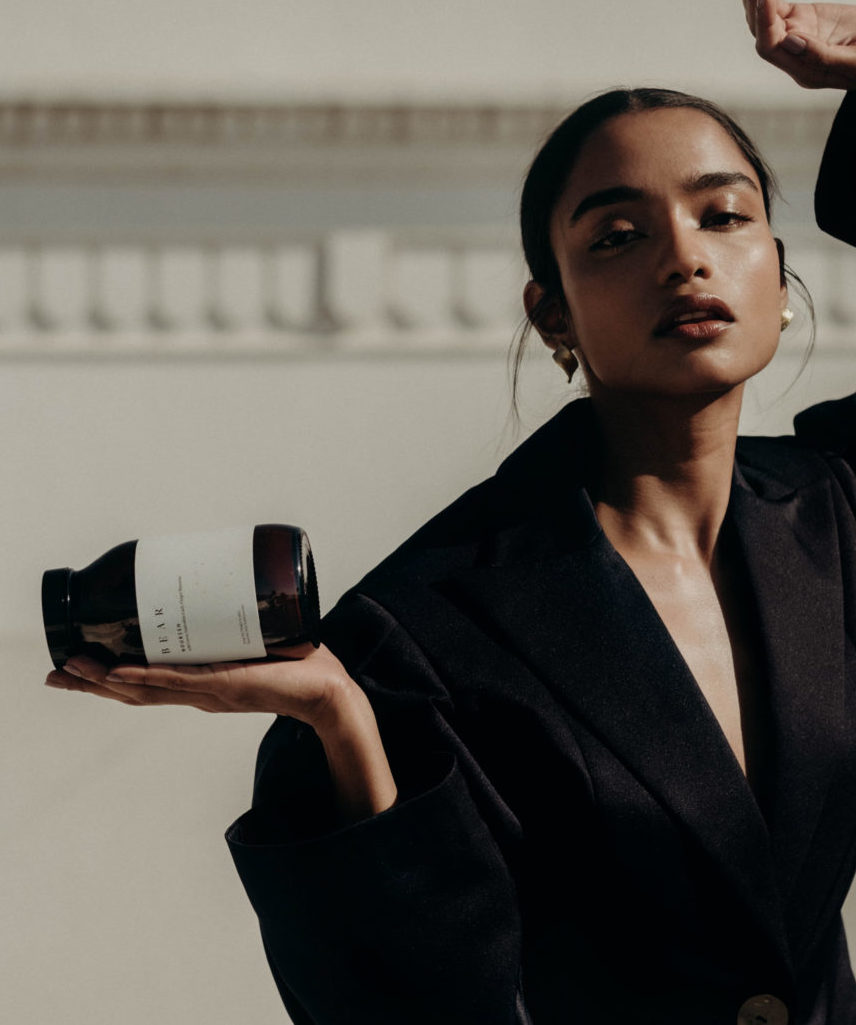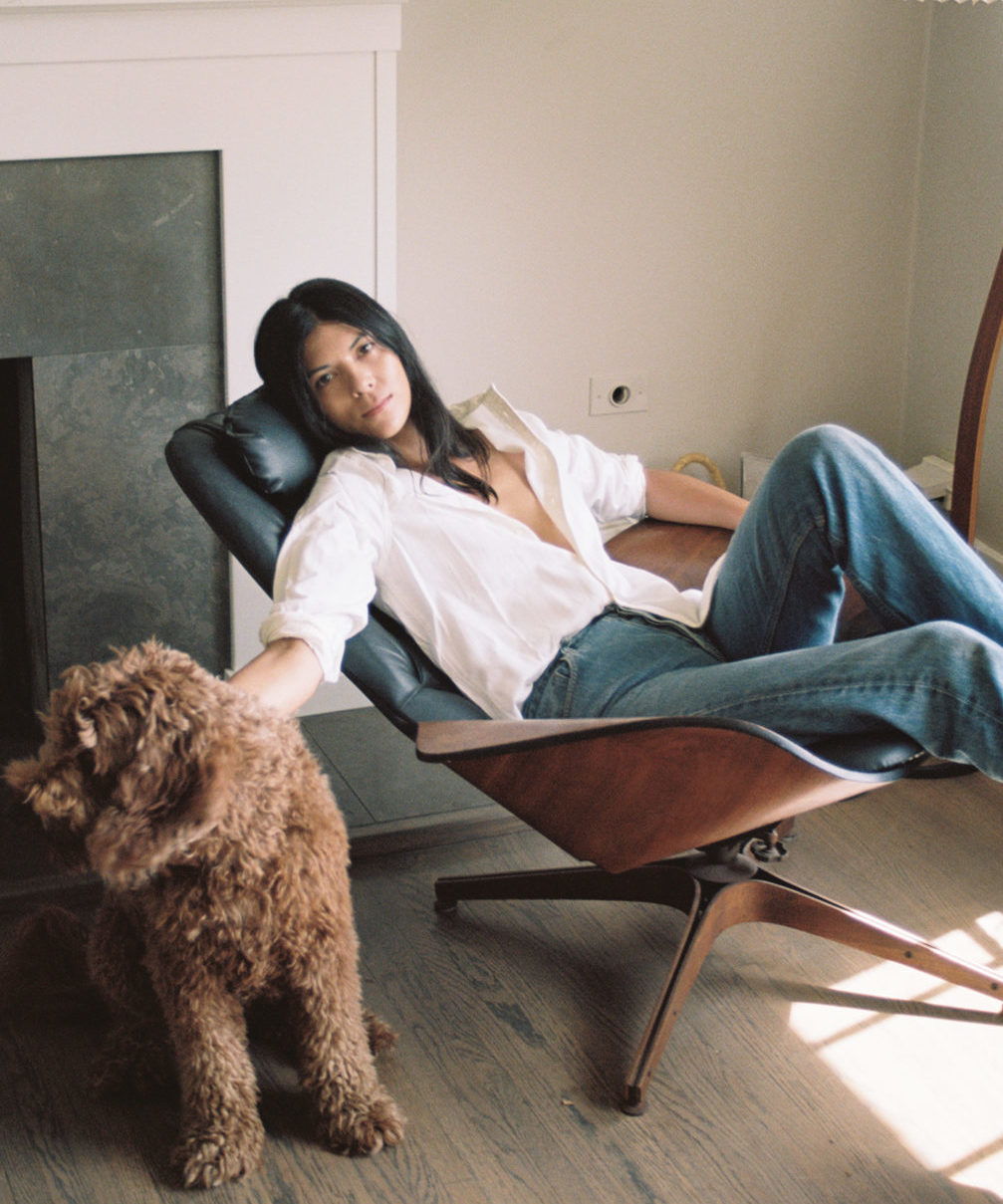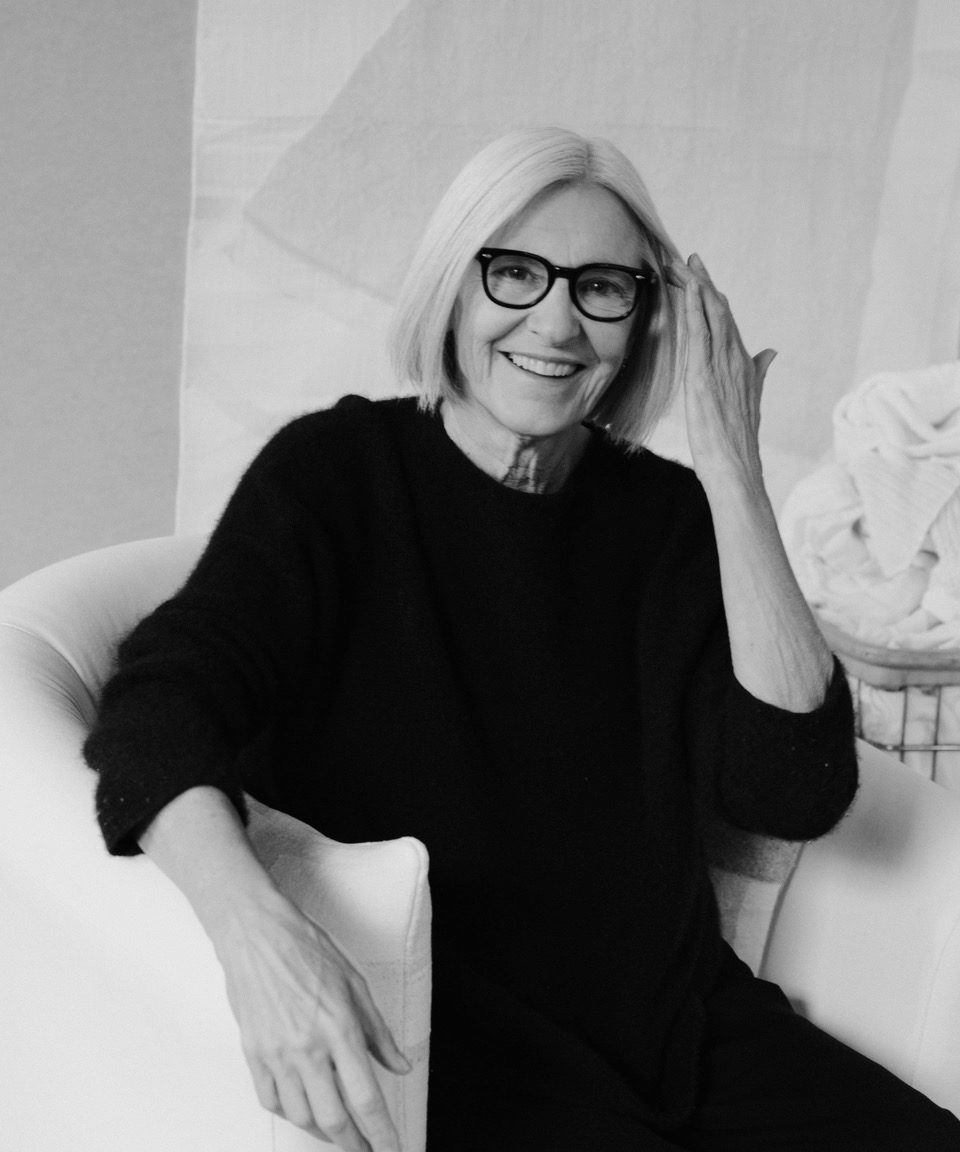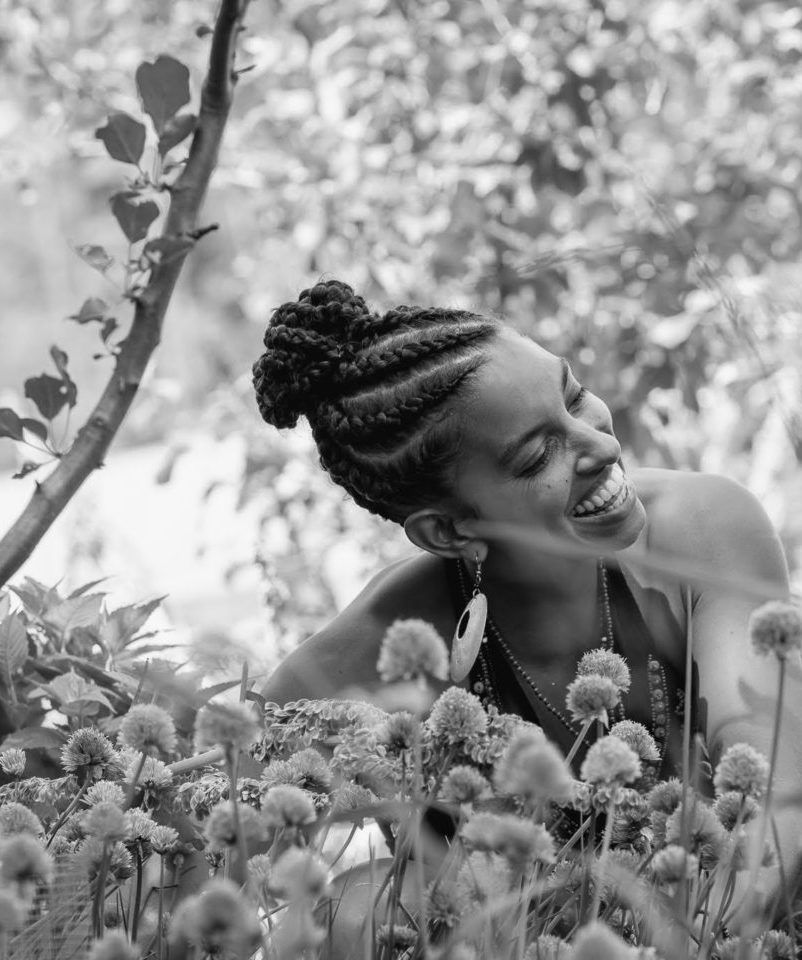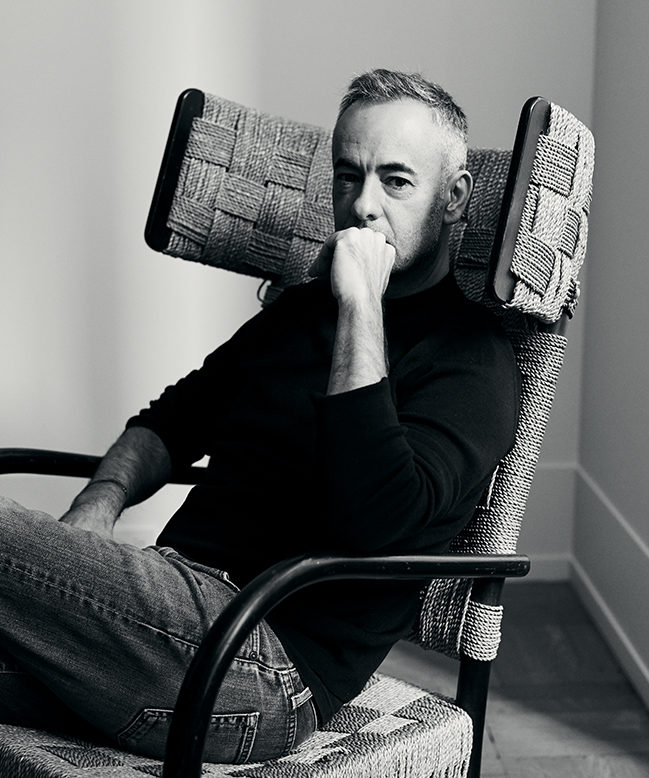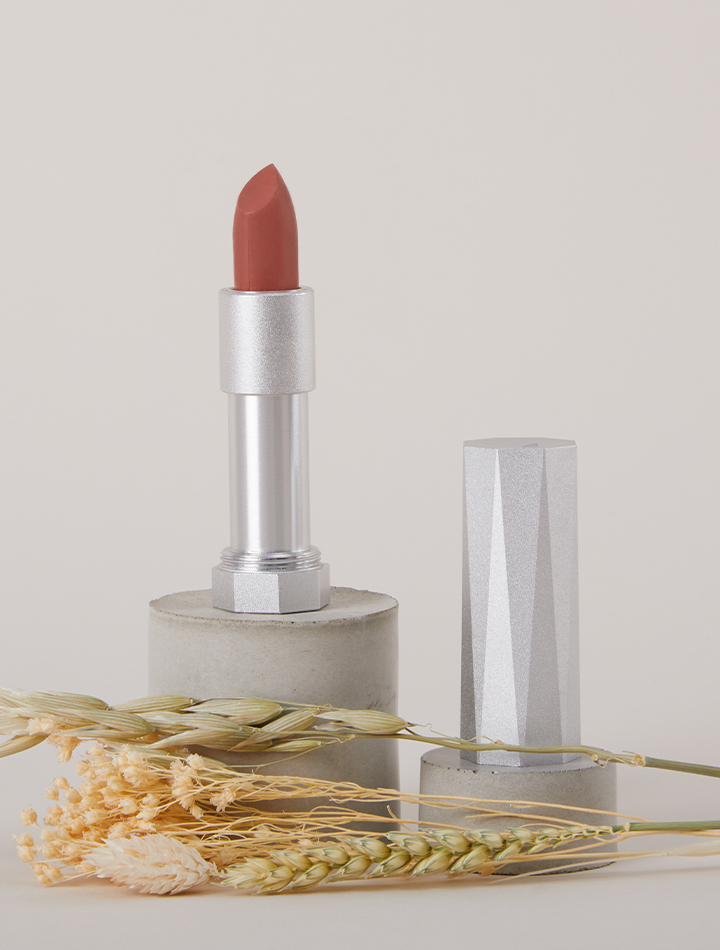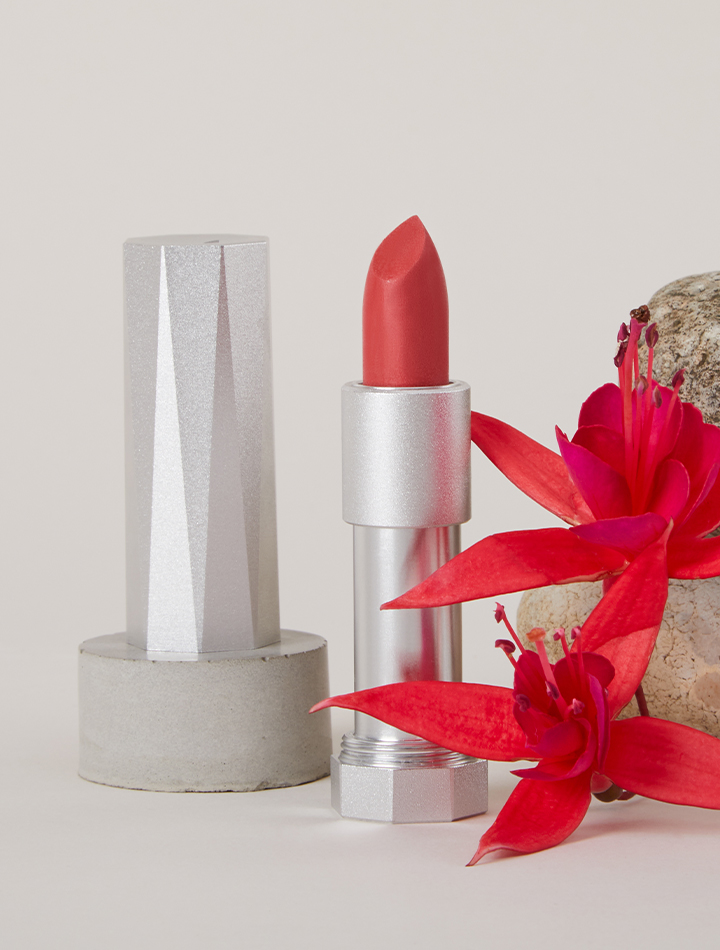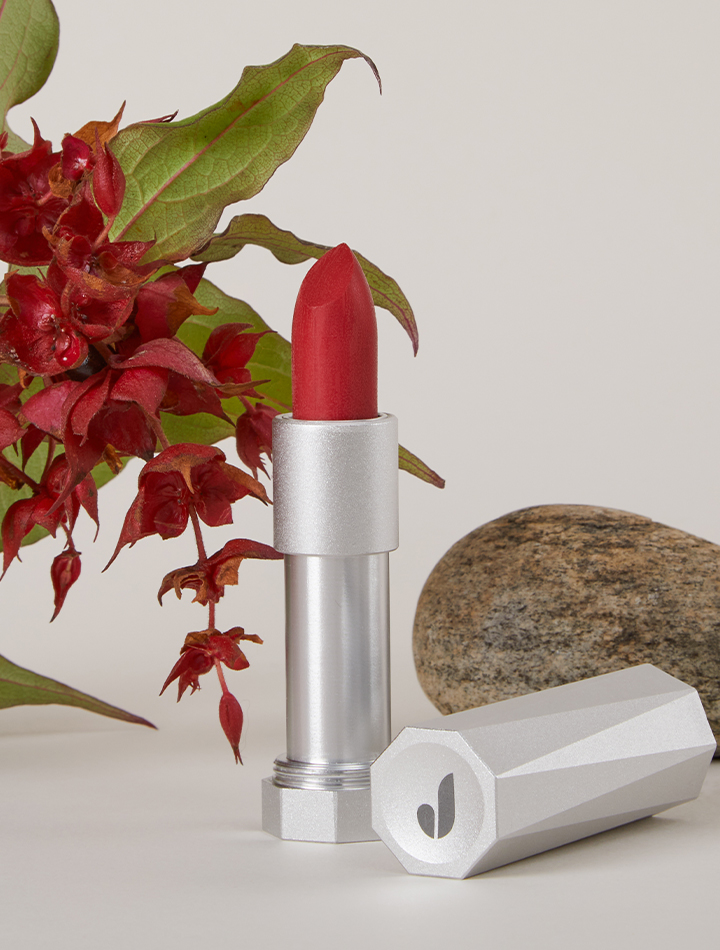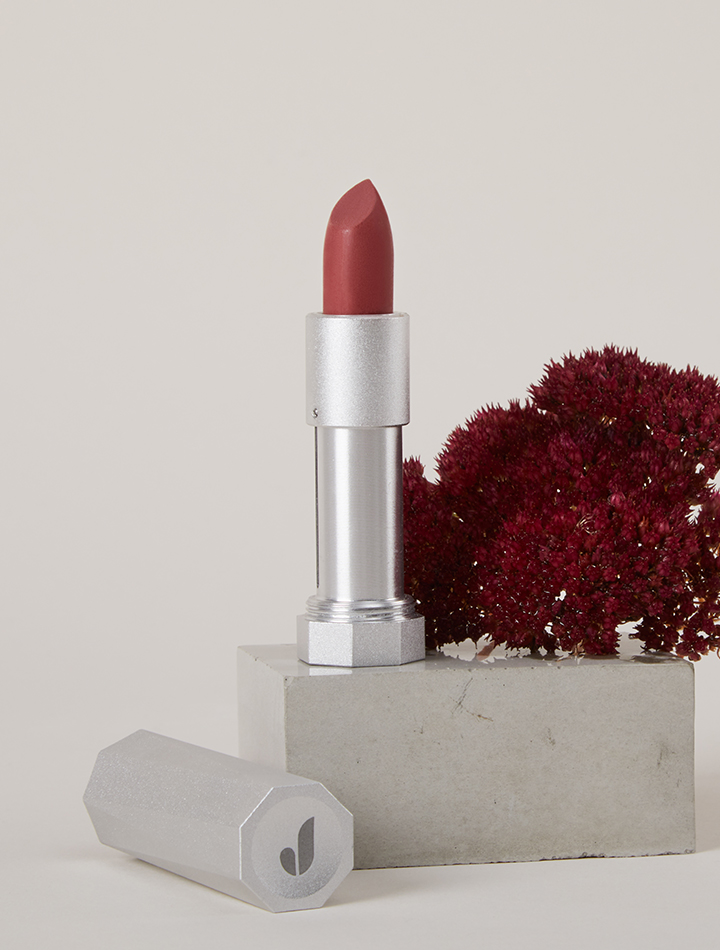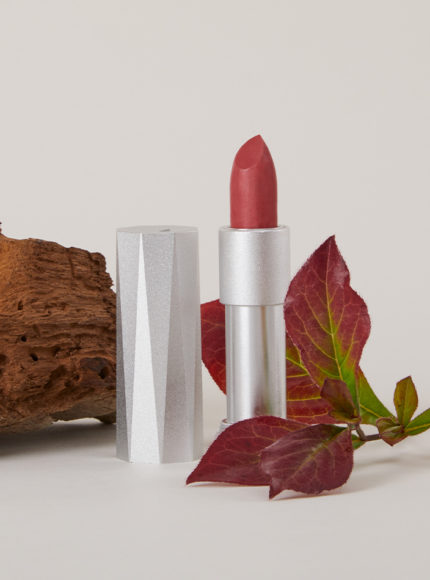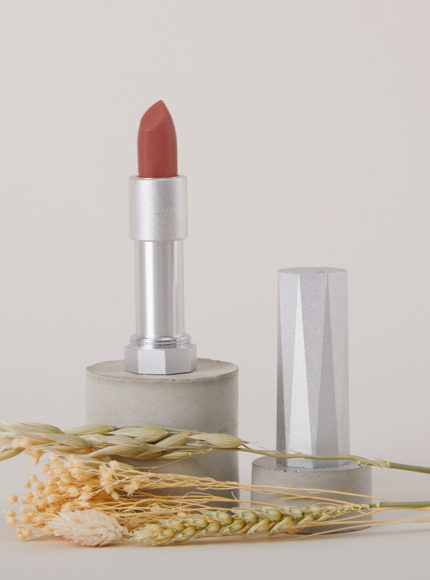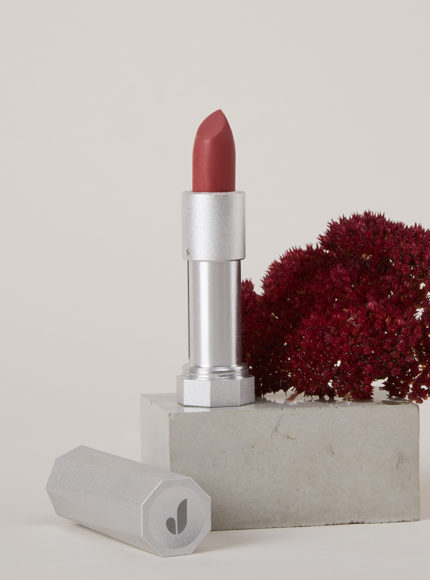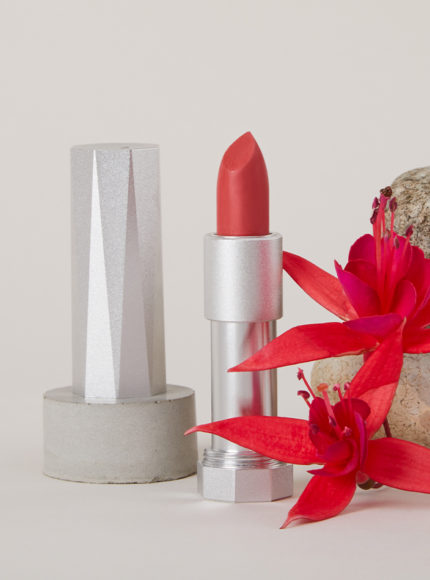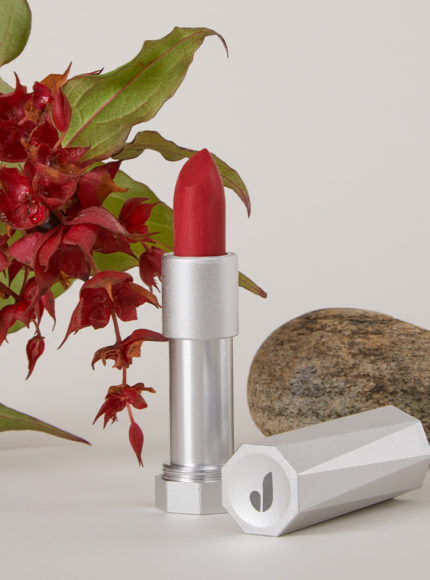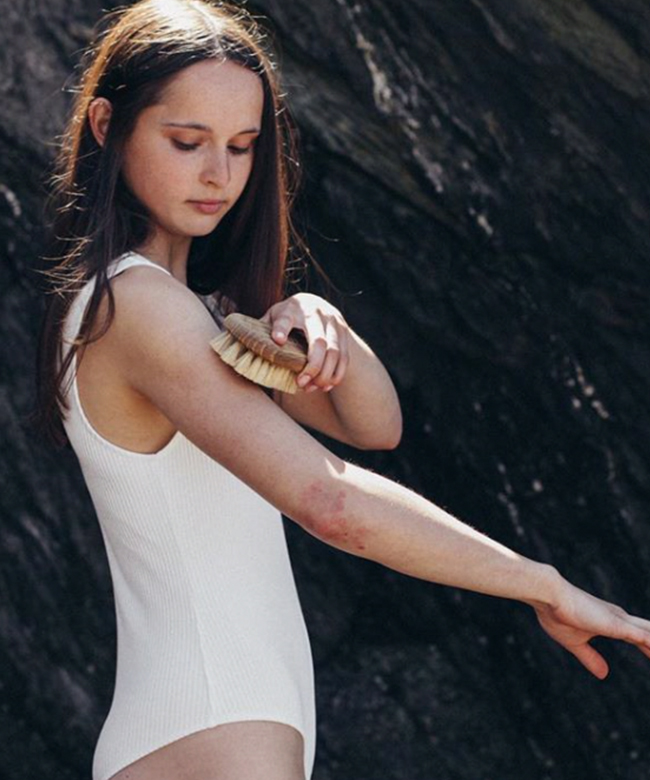

Madeleine White, Juni Founder
Juni's organic and plastic-free lipsticks
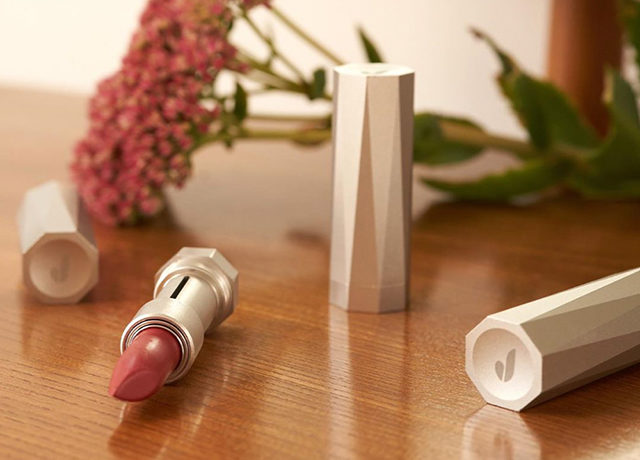



Beauty
Natural Beauties with Madeleine of Juni’s Organic & Plastic-Free Lipsticks
We are so excited to welcome Juni to our curation of natural and sustainable makeup! Not only are their beautiful lipsticks organic and vegan, but they are totally plastic-free. To celebrate the launch, we sat down with Juni founder, Madeleine White. Madeleine shares the story of how Juni began and why choosing a natural, plastic-free lipstick is so important for our health, and the health of the planet!
“Many conventional lipsticks contain microplastic ingredients to make them last longer or to act as an emulsifier. This is really troublesome both for our own health and the planet.”
You were a make-up artist before starting Juni – did your experience in this field lead you to starting the line?
There have been so many moments that have led to Juni, it’s really an accumulation of my life. But yes, working as a make-up artist hugely influenced the line.
My knowledge of course helped with designing the lipstick shades and formula, but working with clients also made me appreciate how healing make-up can be for people. That’s where the luxury element of our products come into play; wearing Juni makes you feel good, for you.
Where did the name Juni come from?
My grandmother’s name is June – she has always been a huge part of my life and never left the house without her lipstick. My birthday is in June, so Juni is a play-on-words from these.
Why lipstick and not any other makeup product?
I absolutely love wearing lipstick but I have extremely sensitive skin and my lips can be particularly troublesome. I think many people find lipstick uncomfortable and difficult to wear – it can be drying and often contains irritating ingredients. It was a huge challenge to create a lipstick that performed so well but contained such nourishing ingredients, but we did it.
“Our product designers did a fantastic job of creating a 100% plastic free packaging solution that is both beautiful and sustainable.”
Can you tell us a little bit about the packaging and design? Why was the fight against plastic so important to you?
When I first had the idea to start Juni my main focus was on creating a vegan and organic product, so plastic wasn’t really a huge concern for me. However, as I began to research packaging my eyes were opened to the detrimental effects that excess packaging (particularly plastic) has on our environment.
For the first time ever I was no longer buying a single item for myself, but thousands that I would be responsible for. There was nothing on the market that met the standards I was now committed to, so we had to innovate our own solution.
The inspiration for our bullet came from a 1930s solid silver lipstick that my parents bought me from Spitalfields Market. Our product designers did a fantastic job of creating a 100% plastic free packaging solution that is both beautiful and sustainable.
What is your go-to shade at the moment?
Our Luxury Hydrating Lipstick in No. 1 Maple will forever be my favourite, but I’ve also been loving No. 3 Sunshine over the past few weeks to complement the summertime weather we’ve been having.
What are a few ingredients most people don’t know are in conventional lipsticks?
Plastic! Many conventional lipsticks contain microplastic ingredients to make them last longer or to act as an emulsifier. This is really troublesome both for our own health and the planet.
The large majority of lipsticks also contain a lot of fragrance which can be very irritating and drying for our delicate lips. I’m proud to say that our lipsticks are 100% fragrance free, making them suitable for even the most sensitive lips.
What are a few natural beauty rituals you swear by?
Facial massage is my number one ritual – it has instant and lasting effects and helps with a multitude of things. I simply incorporate it into my skincare routine when cleansing or I’ll use a facial oil.
I also love dry body brushing. I can be prone to feeling sluggish and heavy, so dry body brushing is amazing. I can feel an instant difference as it wakes up my lymphatic system.
Both these rituals, I believe, improve my physical appearance but are also very relaxing and improve my wellbeing.
What are some of your favourite clean beauty products outside of lipstick?
Skincare holds a huge place in my heart – it’s so important to take the time to care for it properly. I love everything that Pai creates, their products and ethos are wonderful. Simple organic oils – like almond oil – are another essential for me; I use them on my skin, hair and nails to keep things nourished.
What does “clean” beauty mean to you?
To be completely honest I don’t like the term “clean”. It implies that if something isn’t “clean” then it must be dirty or bad, which isn’t necessarily the case.
I prefer the term “conscious beauty”. I advocate doing your own research and making an educated decision on what you purchase and use on your body.
Who is your beauty icon?
It may be cliché but it has to be Brigitte Bardot. Her look in the 60s was so effortless and modern, yet sexy and alluring.
“The first step to being more sustainable is to consume less. Buy products that are multipurpose and make sure you really love them, and then use every last drop.”
What is your favourite form of self care?
For me, self care is spending time with my family, friends and my dog Lola (I named a lipstick in her honour!). Cooking and eating good food is also hugely important to me. And I love a good bath.
Besides making the switch to Juni for your lipstick, what is your top tip for a sustainable beauty routine?
The first step to being more sustainable is to consume less. No one needs 10 different mascaras that all essentially do the same thing. Buy products that are multipurpose and make sure you really love them, and then use every last drop.
Finally, what does sustainability mean to you?
I think sustainability is about educating ourselves and then making small changes to our everyday lives. If we all made more conscious decisions they would soon add up; eating seasonal food, walking instead of driving, using reusable coffee cups, and so on.













